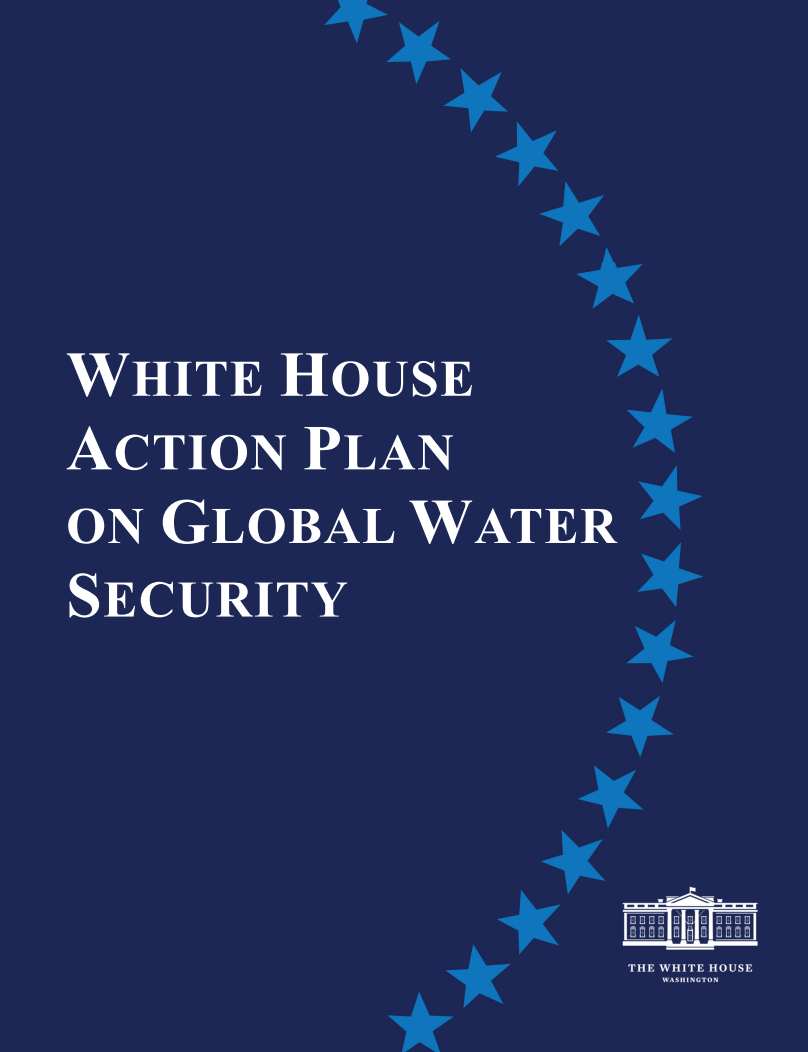Pacific Institute Statement on White House Action Plan on Global Water Security
Dr. Amanda Bielawski, Dr. Peter Gleick, Jason Morrison
Today’s announcement of the White House Action Plan on Global Water Security is a step in the right direction for building water resilience both in the United States and around the world. The Pacific Institute’s longstanding research on water conflict underscores the reality that water is an increasing cause of conflict in the world, further intensifying due to climate change. Its research also continues to highlight the role innovative solutions, including nature-based solutions, water efficiency, and water reuse, will play in ensuring global water security for all.
The Pacific Institute applauds the Action Plan for using a broader definition for “water security” that recognizes the role of climate change on water systems, while acknowledging the need to prioritize water for both people and ecosystems. This view moves closer to “water resilience,” which the Pacific Institute defines as “the ability of water systems to function so that nature and people, including those on the frontlines and disproportionately impacted, thrive under shocks, stresses, and change.” The Pacific Institute calls on decisionmakers to address the more holistic view of water resilience, in addition to both water security and water sustainability.
Additionally, the Pacific Institute applauds the new plan for:
- prioritizing climate resilience and enabling equitable WASH (water, sanitation, and hygiene) services for all;
- prioritizing the protection of water resources and water-related ecosystems, including through nature-based solutions; and
- focusing on the role of water in facilitating transboundary cooperation.
The Pacific Institute calls on decisionmakers across the public and private sectors to commit to achieving water resilience by rapidly scaling solutions. These solutions include implementing water efficiency and reuse strategies to reduce reliance on energy-intensive or unreliable water sources. They also include integrating nature-based solutions for water with traditional grey infrastructure. In all cases, the path to water resilience must be achieved through a lens of equity, prioritizing all stakeholders, including frontline communities and the environment.
Additional resources:


